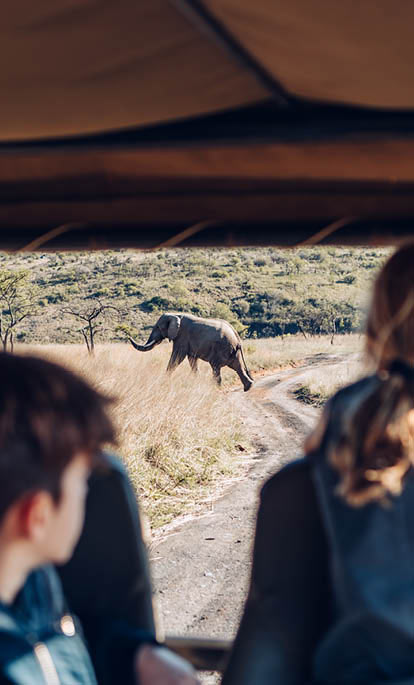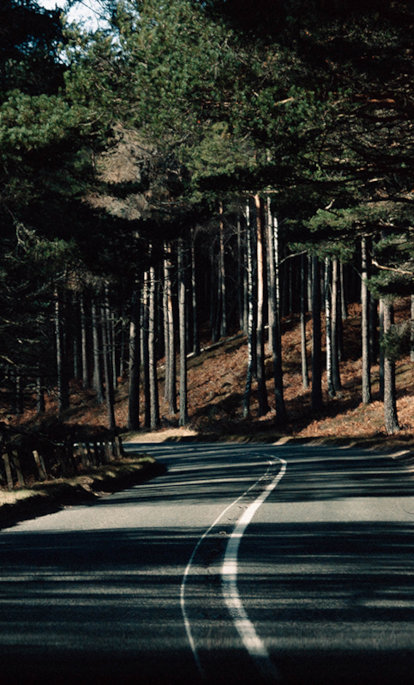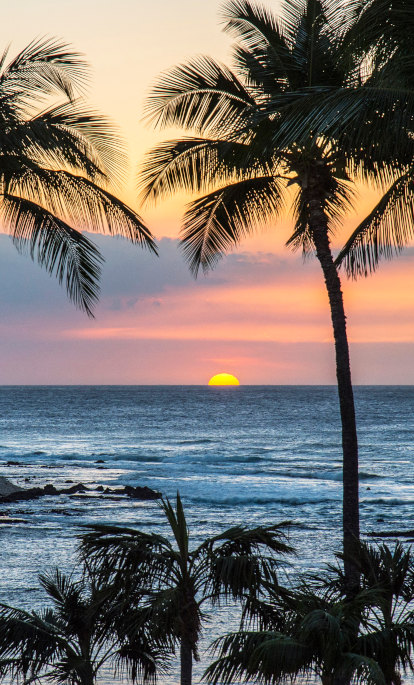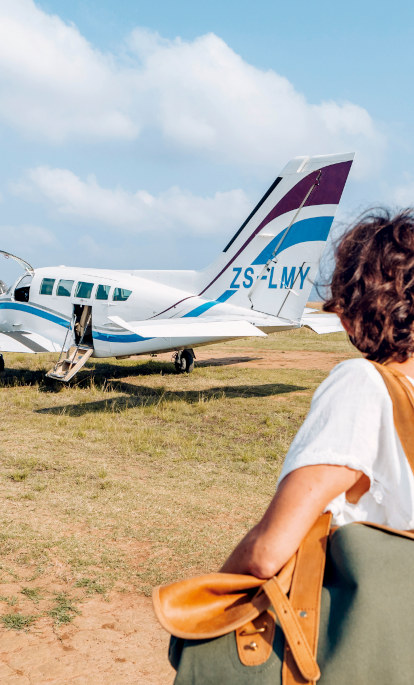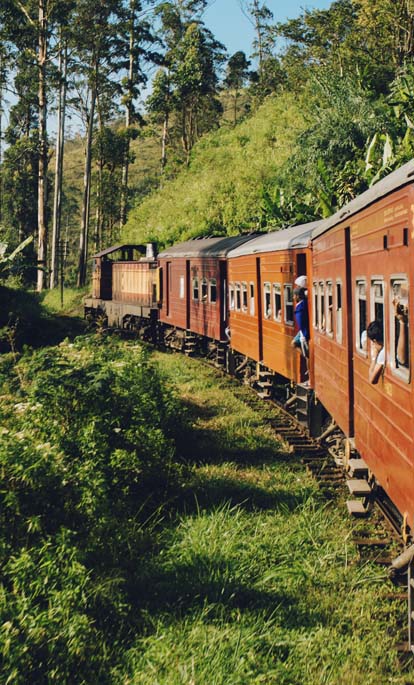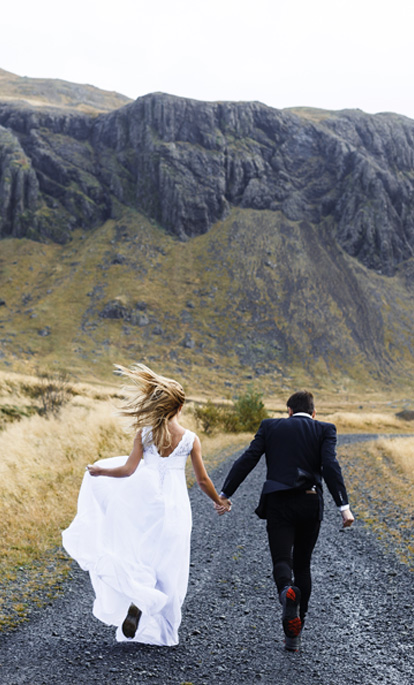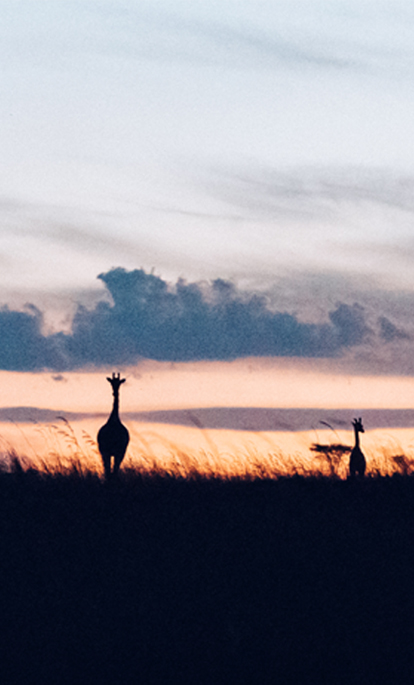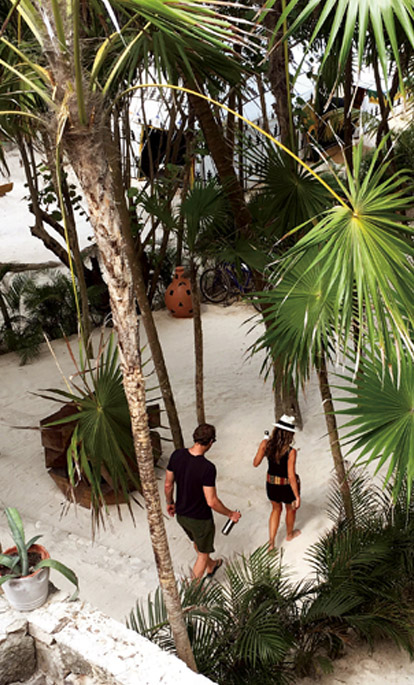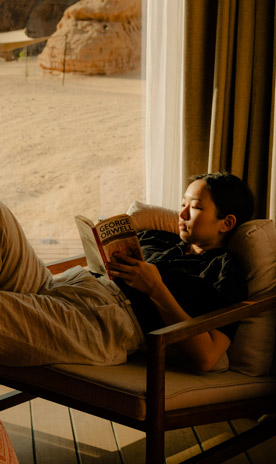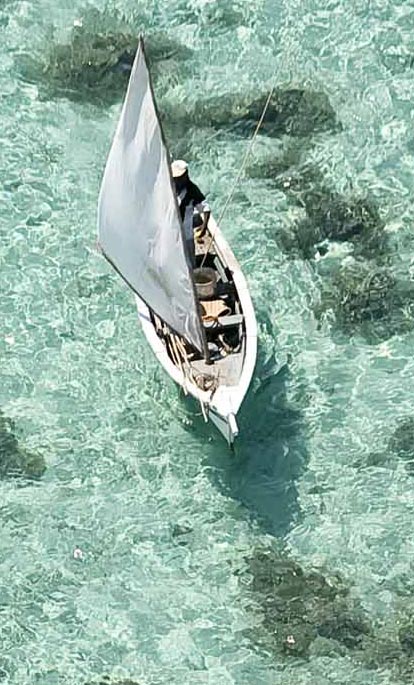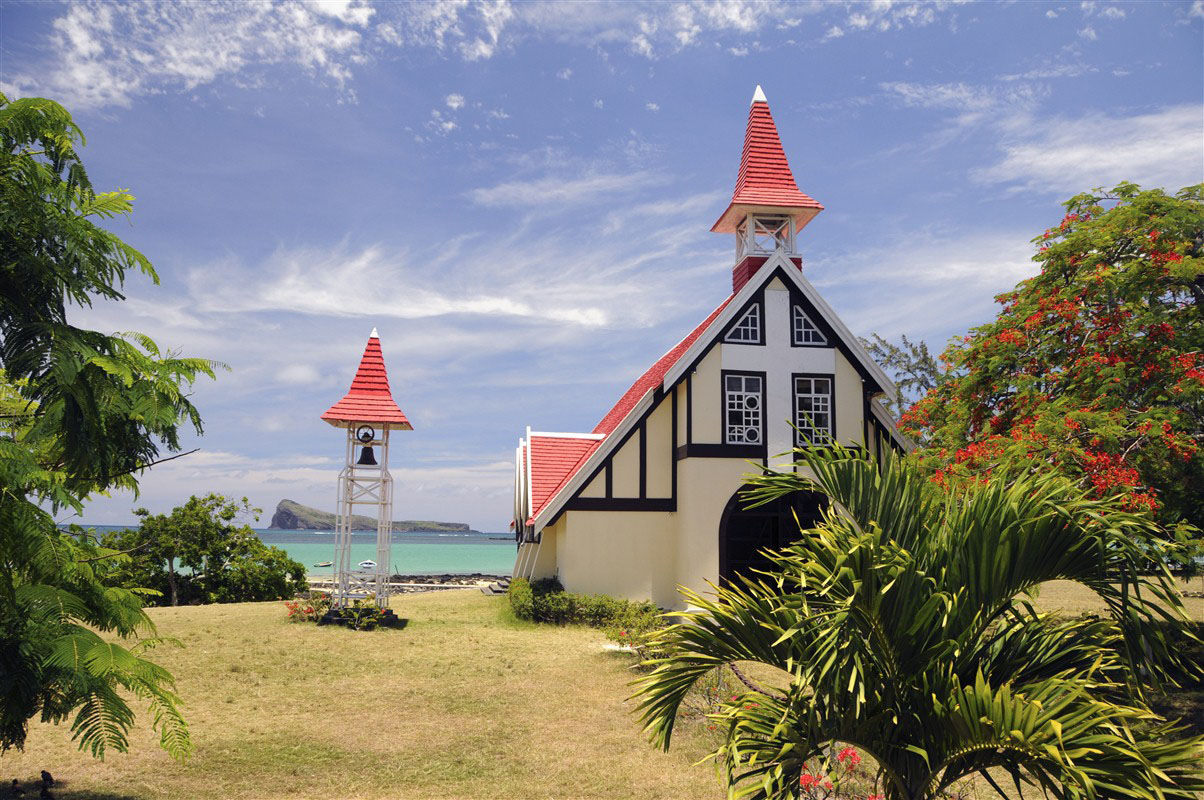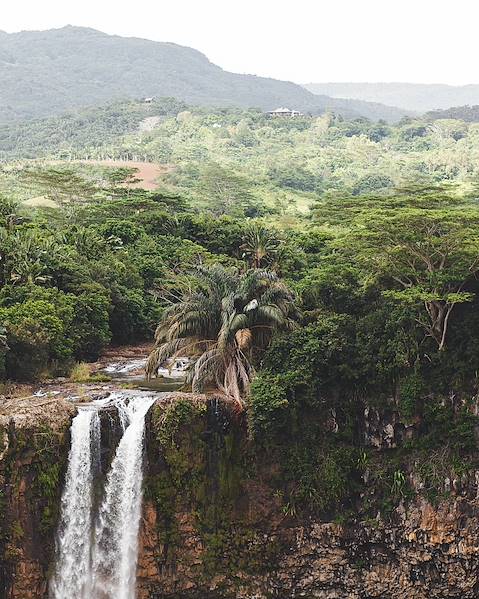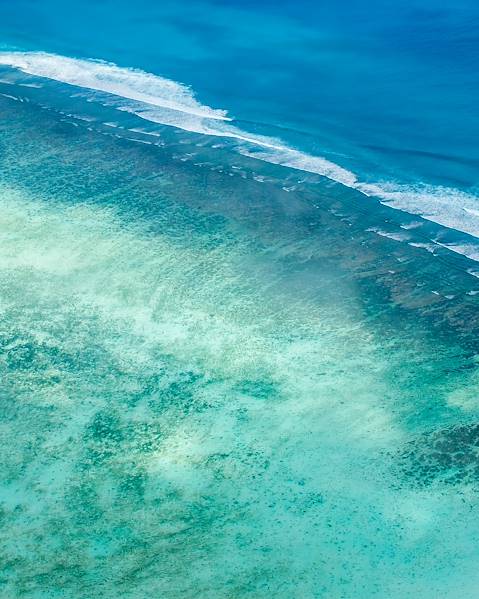Population
1,270,565 (2019)
Official languages
The Constitution of Mauritius doesn’t single out any official national languages, but it does states that "The official language of the Assembly shall be English but any member may address the chair in French," which suggests that French and English are the de facto official languages.
Languages spoken
Multilingualism is common in Mauritius. While English is one of the de facto official languages, it is spoken by a small percentage of islanders. It is estimated that 53% of Mauritians are Creole speakers, a French-originated dialect. Indian languages are also present: Bhojpuri (31.4%), Tamil (3.5%), Hindi (2.8%), Urdu (2.7%), and Chinese languages have about 3% of speakers. French is the mother tongue of around 3% of Mauritians and English is taught in schools. There is a vast overlap of languages within the country which reflects its multi-ethnic character. The most widely practiced languages however, in order, are: Creole, French and English.
People
68% of residents are of Indian origin with roots in Bhojpuri, Tamil, Hindi, Urdu, Telugu. 27% are Creoles, either Franco-Mauritian or from Rodrigues. Added to that 3% are Chinese and 2% of European descent. Religion Hinduism is the primary religion in Mauritius with around 52% identifying as Hindu. Christians make up about 28% of the population (26% Catholic, 2% Protestant). 16.6% of residents are Muslim.
National Holiday
March 12: Independence Day (1968).
Holiday Schedule
Festivals are mostly religious and reflect the diversity of the population of the islands.
- January 1 and 2: New Year.
- January-February: Thaipoosam Cavadee, Thimithi (Tamil holidays);
- Between January 21 and February 21: Chinese New Year or Spring Festival.
- February 1: Abolition of Slavery.
- February-March: Maha Shivaratri (Hindu festival).
- March 12: National Day.
- March-April: Ougadi (Hindu festival).
- May 1: Labour Day.
- August-September: Ganesh Chaturthi (Hindu festival of Ganesh’s birth).
- 9 September: Visit of Pope in Mauritius.
- October-November: Diwali (Hindu festival).
- November 1: All Saints Day.
- November 2: Arrival of indentured labourers.
- November: Eid ul-Fitr, end of Ramadan.
- December 25: Christmas.
History
Arabs were aware of Mauritius from as early as the tenth century, but it was the Portuguese who first explored the region in the 16th century. Later it was the Dutch, in 1598, who heard the call of Mauritius and settled there. The new settlers named it Mauritius after Prince Maurice of Nassau. The Dutch used it as a central point for their links with India and they discovered wood, meat and dodos there. In 1638, they installed a governor and around 20 families. They also introduced African, Indian and Indonesian slaves to cut wood and work on tobacco and sugar cane plantations. In 1710 the Dutch abandoned Mauritius to set up a base in Cape Colony in South Africa. In 1715 France took possession of Mauritius with ease and renamed it the ‘Isle de France’. The French East India Company slowly repopulated the nation and in 1735, French Governor Bertrand François Mahé de Labourdonnais began real economic development, turning Port Louis into a key naval base overseeing trade across the Indian Ocean and building a road network. But the Seven Years War (1756-1764) sounded the death knell of French trading in overseas territories and the English challenged the supremacy of France. In 1810 the British land in Rodrigues and seize the ‘Isle de France’, which becomes Mauritius again. The French were allowed to remain, under the administration of the British, enabling Franco-Mauritians to retain their language, legal system and sugar cane cultivation.
The abolition of slavery in 1835 caused a massive import of workers from India. The population grew and the port had a thriving trade, exporting sugar to Europe, India and Australia. Conflicts between farmers and poorly treated Indian workers were partly overcome by social legislation, but the situation remained fragile and the economy declined. During World War I sugar prices increased and business restarted – things went well until the eve of the Second World War, which saw another decline. The Mauritian Labour Party represented the interests of Indian workers with some success and in 1958 universal suffrage was introduced. The Colonial Office undertook remediation and infrastructure in preparation for the country’s independence, which is finally granted in 1968. Under the direction of Seewoosagur Ramgoolam, founder of the Labour Party and the first Prime Minister, Mauritius prospered and Ramgoolam remained in office for 13 years. In March 1992 the Republic of Mauritius was proclaimed.
Policy
Mauritius follows a parliamentary regime. The President has a largely ceremonial function – he is elected for five years by the parliament. Political and legislative power lies with the Prime Minister and the cabinet. There is one house of government – there are 70 members, which is comprised of 62 elected representatives, plus eight seats to ensure representation of all ethnic groups. The executive is assumed by the Prime Minister ( who is head of the party with parliamentary majority) and his government.
Famous Mauritians
- J.M.G. Le Clézio (born in 1940). A writer and professor, Le Clézio comes from a Breton family established in Mauritius in the eighteenth century. He considers himself a Mauritian writer in French. His books, marked by formal research, travel and attention to traditional cultures, earned him the Nobel Prize for Literature in 2008.
- Jean Alphonse Ravaton (1900-1992). A talented singer best known as ‘Ti Frère’, meaning ‘little brother’ in Mauritian Creole. He was dubbed the ‘King of Sega’ for his promotion of the artform and musical spectacle that’s typical in Indian Ocean islands.
- Malcolm de Chazal (1902-1981). A renowned Mauritian painter, writer, philosopher and agricultural engineer specialising in sugar cane. He published works on political economy, but also thoughts and poems that Surrealists admired.
- Seewoosagur Ramgoolam (1900-1985). A Mauritian politician, statesman and philanthropist, Ramgoolam is best known as the father of Mauritian independence. He was Prime Minister from 1961 to 1982.
- Bertrand François Mahé de la Bourdonnais (1699-1753). A naval officer and administrator, while Bourdonnais was French not Mauritian, he made a big impact on the nation – marking the first development of Mauritius, both economically and militarily.
Etiquette
Known as one of the most tolerant and multicultural countries, it would be difficult to really offend a Mauritian, but there are a few cultural issues to be aware of. When visiting a place of worship, it’s advisable to wear modest clothing and remove shoes before entering. Some Hindu temples will also ask you to remove leather items like belts. Never touch a statue of a deity.
Tipping is not assumed in Mauritius, so you don’t need to feel obliged if you didn’t think much of the service. Most all-inclusive resorts will also include a service charge as part of the bill, so there’s no need to add to this. That said, if you receive excellent service from a dive instructor, waiter or any other staff, a small tip will go a long way in showing your gratitude. Mauritian salaries are generally low, especially within service industries, so a tip is always much appreciated.
Shopping
Model ships are a beautiful, intricate and popular reminder of your time in Mauritius, but they can sometimes be cumbersome, so beware of export taxes. Jewellery is in copious supply on the islands and there’s a stunning Indian influence to many pieces. Clothes of silk or linen are available to buy at a good price, as well as printed fabrics and accessories. Spices, fruit jelly, vanilla, rum and tea also make evocative keepsakes or gifts. Duty-free shops, reserved for tourists with a passport and a plane ticket, have also multiplied in recent years.
Food
The story of Mauritian food goes that the best of Indian, European, Chinese and African cuisine meet on the islands of Mauritius. The imported flavours combined with the local vegetables, fruits and spices of the islands result in a national palette that’s varied, exciting and delicious. Rice is a staple and the most common seasonings are garlic, onion, chilli and ginger. Among classic dishes, rougaille is a spicy, tomato-based sauce that’s a rollercoaster ride for taste buds and varies from family to family depending on the recipe that’s been passed down. The sauce accompanies all manner of additional ingredients, including meat, fish, sausages and egg. Vindaye is a delicious, healthy Mauritian dish made from oil, mustard, ginger, garlic, onion, green pepper and a little vinegar, served with fish or octopus, often cold. A whole host of curries are also enjoyed, with chicken, mutton or beef as the main star, but often they feature a Mauritian twist with octopus, pork, deer, wild boar or shrimp.
Drink
Drinking tap water and consuming ice is generally fine in Mauritius. Mauritians produce good quality rum and have a number of popular rum-based cocktails. Local beers are light blonde and include Phoenix and Blue Marlin. South African grapes are vinified on the island and the tasty result is often found on the menus of restaurants. A favourite drink among Mauritians is Alouda, a cold milky beverage prepared with basil seeds and agar agar jelly.
